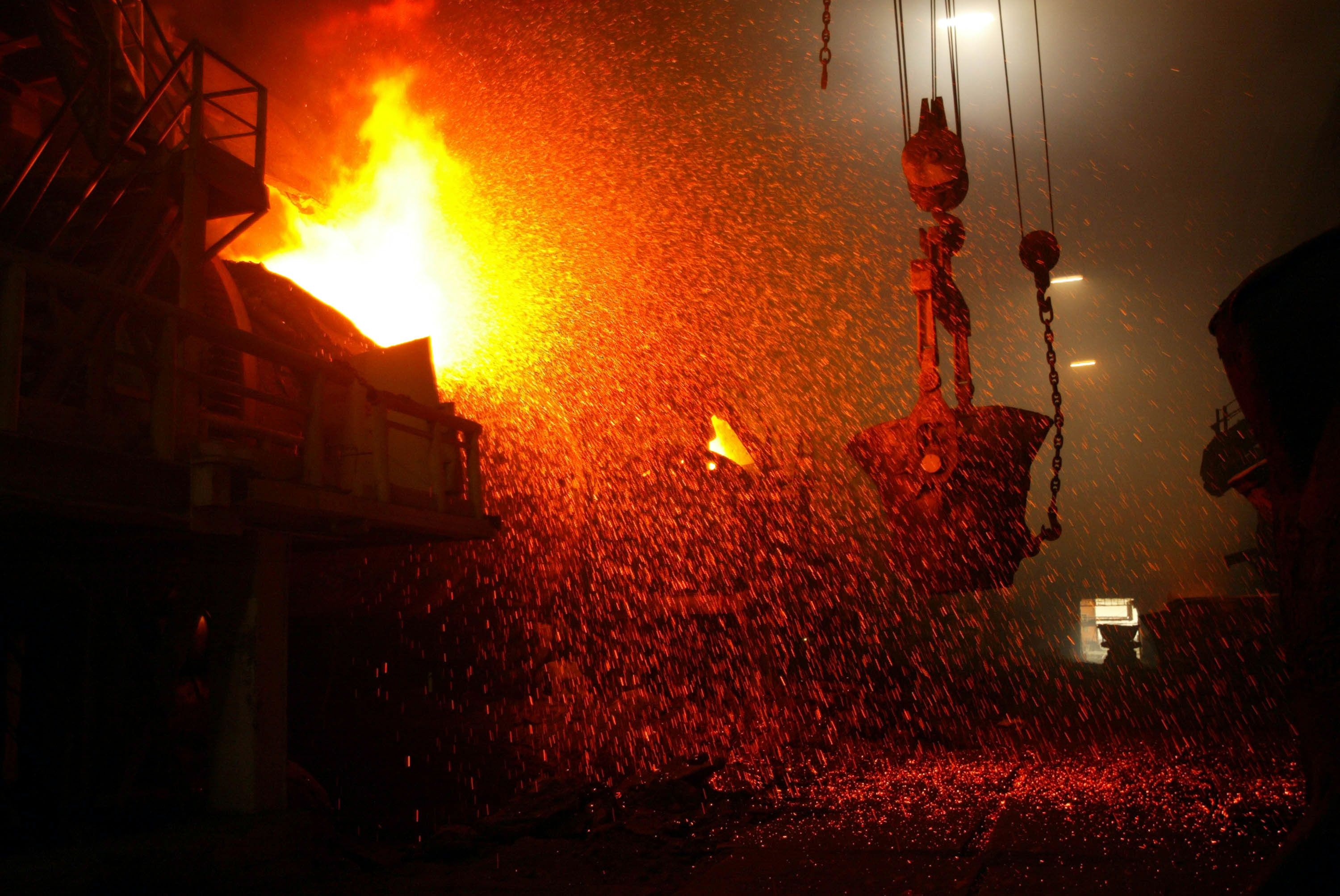LME considers clampdown on short-selling with nickel trading still suspended

The London Metal Exchange (LME) is weighing up short-selling reforms, following a nickel price surge yesterday which plunged the market into chaos and forced the bourse to suspend trading.
Prices doubled to more than $100,000 per tonne after a giant bet against nickel from Chinese billionaire Xiang Guangda, according to The Times.
Guangda leads Tsingshan Holding Group, the world’s largest nickel producer, and could potentially face billions of dollars worth of losses from the bet.
Markets were already elevated amid intensifying fears of supply shortages and disruption following heavy Western sanctions on Russia.
Matthew Chamberlain, the LME chief executive, told Times Radio he would “definitely” consider whether the LME should limit short-selling following the debacle, despite previous pushback from sellers about potentially more supervision in the market.
He explained: “We’ve always been told by our market that they don’t want that, that they want this to be a true capitalist market where you can express a view one way or the other. But I think this situation will reopen that discussion, we’ll definitely be looking at this and seeing if we should have more powers of that nature.”
Boris Ivanov, Global Commodities expert and Founder of Emiral Resources, recognised the move was unprecedented but that it was the least worst option for the LME.
Speaking to City A.M., he said: “While the decision has caused some division between trading houses and fund managers, ultimately if trading had continued and brokers were left unable to pay, a full default could have had disastrous knock-on effects for the Exchange, its members, and industrial users around the world who rely on its benchmark prices.
The exchange will not reopen dealings until Friday at the earliest, and has cancelled all trades that took place during yesterday’s session before the suspension took effect.
However, it has stopped short of providing a specific date for reopening.
In a statement, it said: “The LME does not consider it appropriate to announce a trading resumption date for nickel, given continued uncertainties in the broader market.”
While commodity prices have eased back over the past couple of days, Ivanov anticipated raised prices and continued market uncertainty could result in significant disruption.
He said: Given that nickel is a crucial element in the production of electric vehicle batteries, car manufacturers are likely to face a surge in costs and an increase in supply challenges. Even before the political situation, nickel prices were becoming a problem for EV manufacturers. However, now this has worsened, and the effects will trickle down to consumers who face paying more for electric cars.”